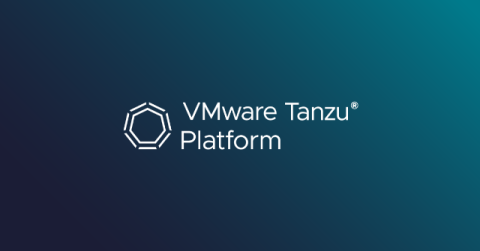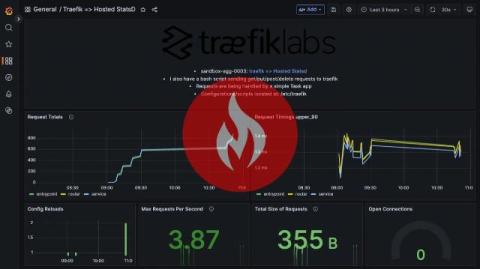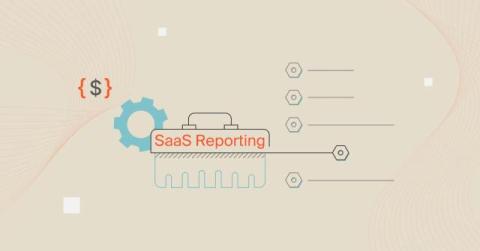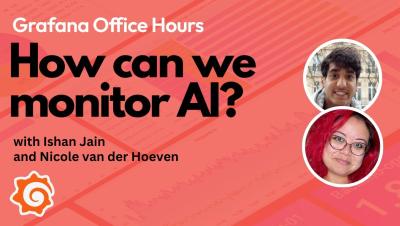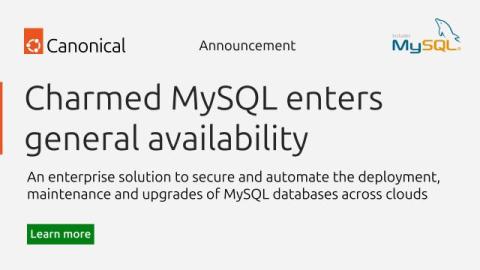Transform Your Development Game: Focus on Workloads Over Infrastructure!
In this session from Civo Navigate Europe 2024, Will Stewart, CEO of North Flank, reveals the secrets to transforming your development process by shifting focus from infrastructure to workloads. Discover how this revolutionary approach can help developers bypass the complexities of infrastructure management and prioritize delivering valuable features.





